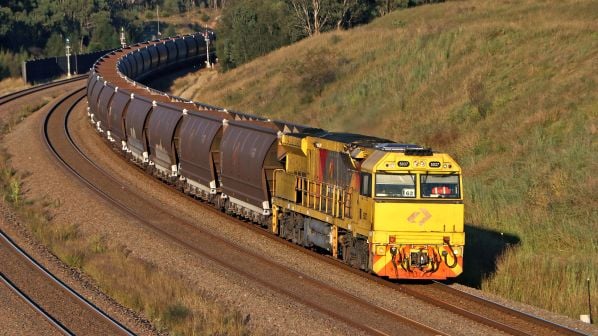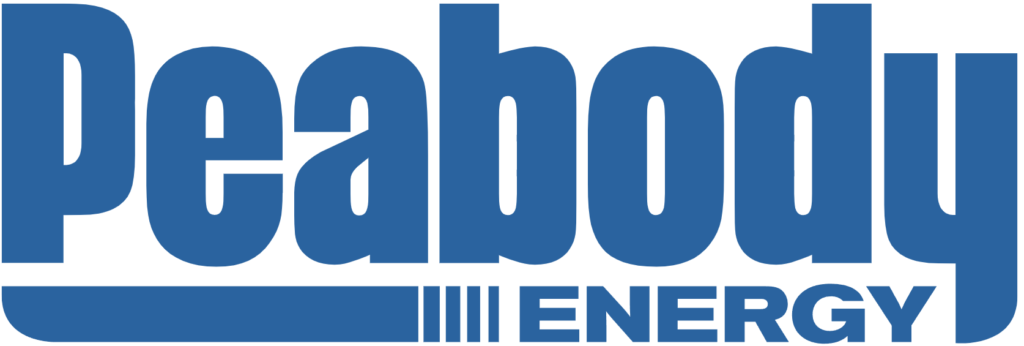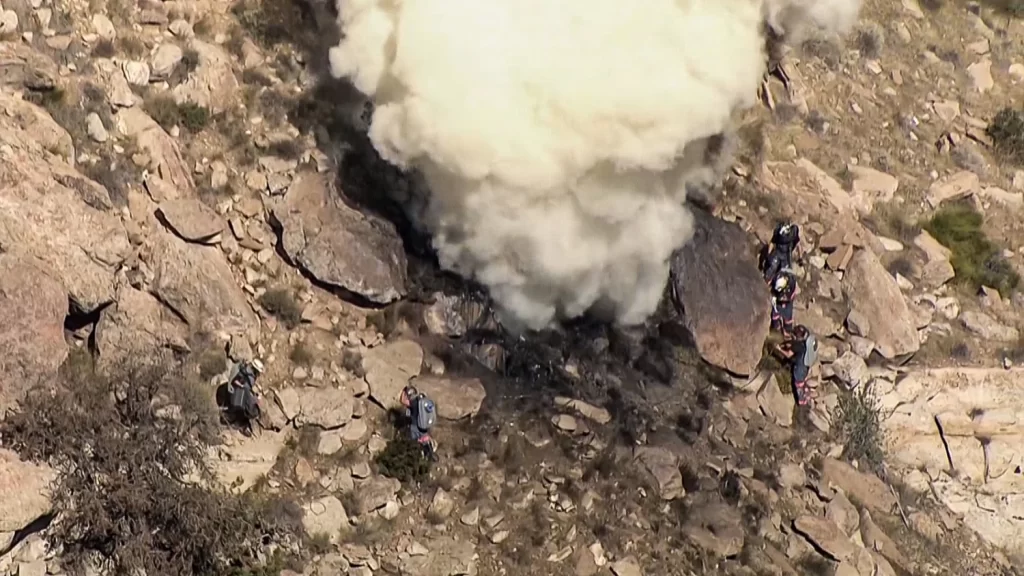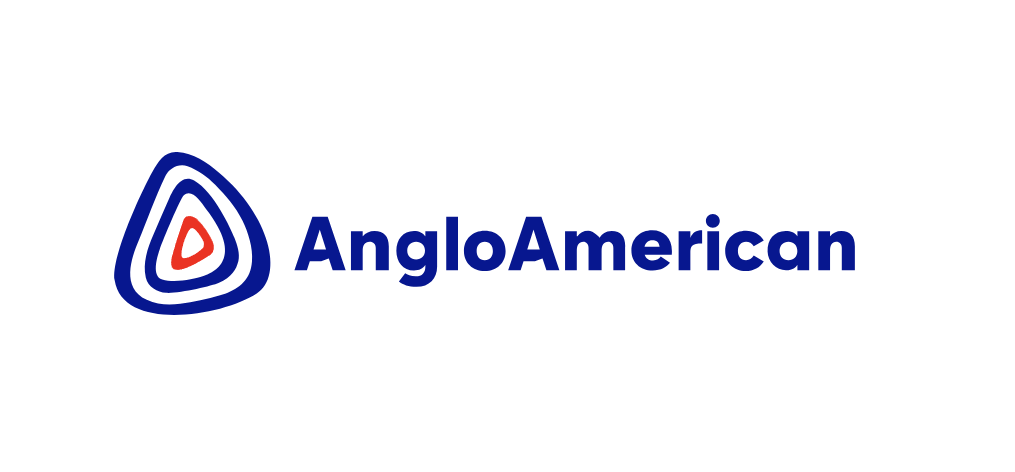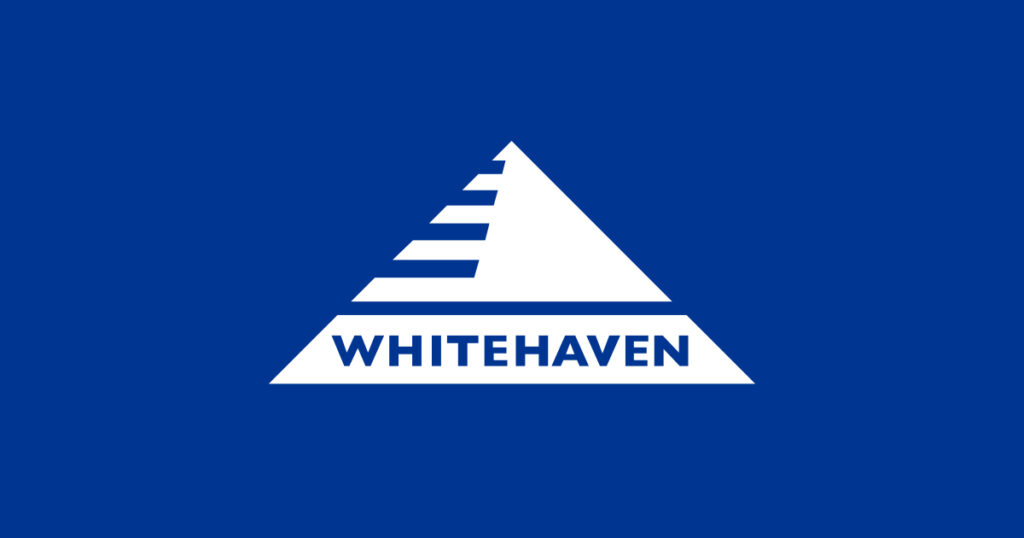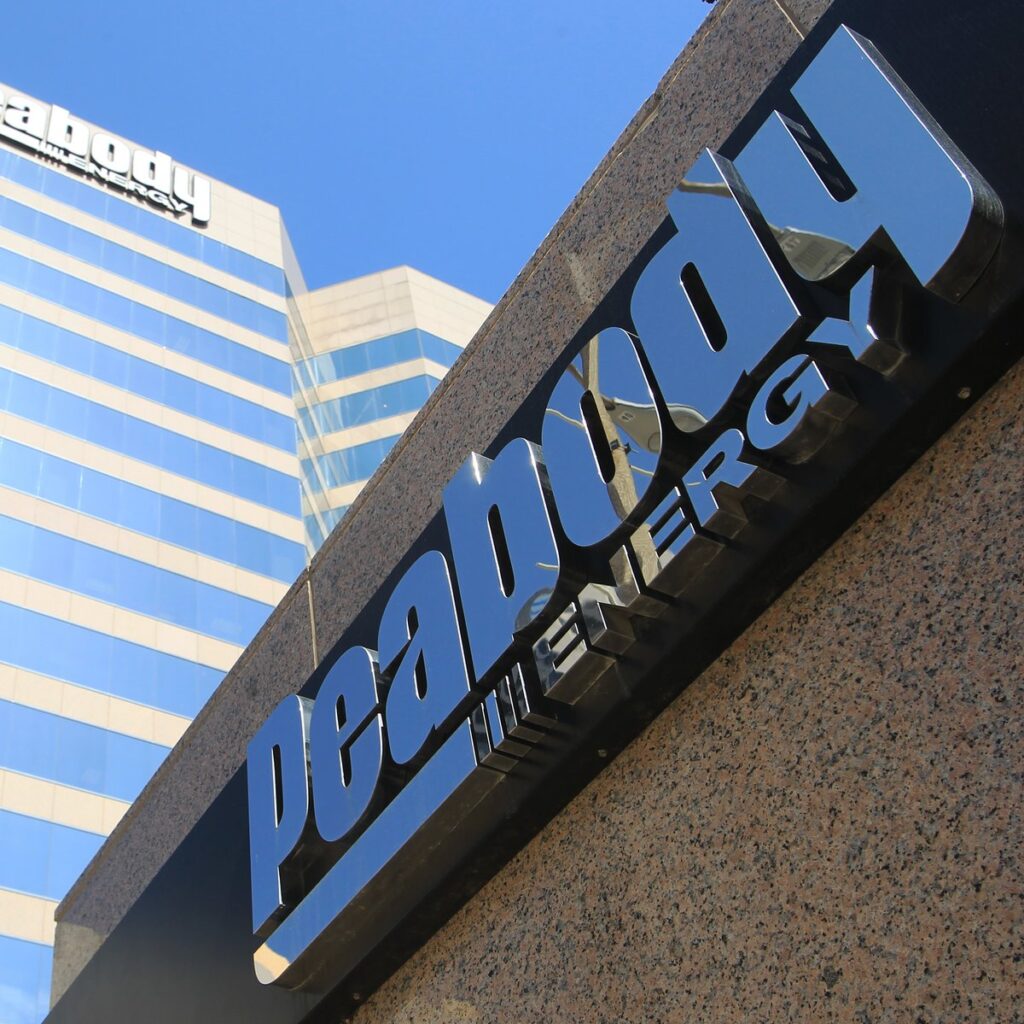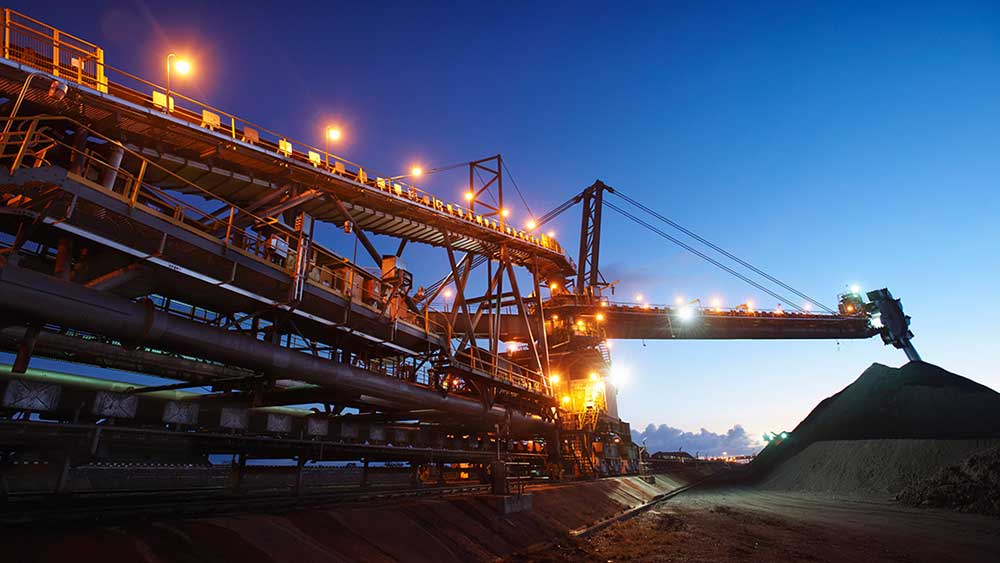Australian rail firm Aurizon has cut its coal volume guidance for the 2023-24 fiscal year to 30 June, as the end of mining at Wilkie Creek and wider coal mine production problems offset output increases at Olive Downs and New Acland.
Aurizon could reward shareholders with higher dividends or share buybacks after the rail haulage group’s interim net profits jumped 82 per cent to $237 million, chief executive Andrew Harding says.
“We can see a position in the near future which is best described by flexibility – because I can’t indeed bind the board – to increase shareholder returns,” Mr Harding said. “The business has performed very well.”
Aurizon will pay a half-year dividend of 9.7¢ a share, which reflects a payout ratio of 75 per cent of underlying net profits, up from 7¢ a year earlier.

Aurizon’s underlying earnings before interest, taxation, depreciation and amortisation (EBITDA) rose 26 per cent to $874 million, beating analysts’ expectations due to rebounding coal haulage volumes, which increased 4 per cent to 94 million tonnes. The rail group’s networks business, which makes money providing access to Queensland rail tracks, also generated strong earnings.
So-called “access revenue” rose 19 per cent to $111 million after Aurizon’s regulator allowed it to increase prices and more coal was moved on its rail networks. Investors were happy with the clean result while S&P Global forecast a stronger balance sheet. Aurizon’s shares rose 11¢, or 3 per cent, to $3.87 a share on Monday afternoon.
Bulk haulage
But there were some weak spots. While Aurizon’s bulk haulage EBITDA rose 12 per cent to $112 million, volumes were up just 1 per cent to 34 million tonnes as a fall in grain haulage offset an increase in iron ore haulage on the west coast. Losses in a reporting division that includes the company’s containerised freight business also deepened to $34 million from $20 million a year earlier, with Aurizon warning of full-year losses in the segment.
The containerised freight business is mostly composed of a contract with Team Global Express with Aurizon carrying clothing, food and machinery for the logistics group across Australia and along the east coast. The TGE contract was still in its “ramp-up” phase, which would continue until April when Aurizon will provide seven weekly services, Mr Harding said. The contract is important to Aurizon because it is part of a plan to help the company meet its goal of doubling earnings from its bulk haulage business over the next decade following its $2.35 billion acquisition of One Rail.
But the general market for freight had been “softer than expected”, the CEO added. “That at some point will likely rebound as it gets back to tracking against GDP growth.” Aurizon makes less money when freight volumes drop but remains confident in its original business plan for the TGE contract.
Hauling between NT and SA
The rail group has previously said the TGE contract would be profitable if the trains it runs are 70 per cent full. Trains are currently around 65 per cent full but Aurizon can use them to carry goods for other companies and has added three more customers on so-called “spot” contracts. Simon Conn, senior portfolio manager at investment group IML, said while it was early days, Aurizon’s strategy for diversifying away from coal appeared to be working. “The nature of these assets is that you have to spend capital, build things … and that takes time,” Mr Conn said.
Aurizon is making “good progress” in finding customers for its plan to haul goods from the Northern Territory to South Australia on the 2245-kilometre Tarcoola-Darwin railway, Mr Harding said. Group energy and fuel costs fell, but staff and financing costs rose over the half year as Aurizon hired more people and paid higher interest rates on its debt.
Aurizon reiterated its existing full-year EBITDA guidance of between $1.59 billion and $1.68 billion and said second-half coal and network earnings would not be as strong as they had been in the first half of the year.
Cut in coal haulage guidance
Aurizon had targeted to increase coal haulage by 10pc in 2023-24 from the 185mn t it hauled in 2022-23 but revised that to 5pc year-on-year growth when it announced its half-year results on 12 February. This implies a target of 194mn t for 2023-24. It hauled 94mn t during July-December, leaving it a target of 100mn t for January-June.
Wet weather in Queensland in late December, through January and into February has disrupted some operations in the wider coal industry. But it has been less disruptive to Aurizon’s coal operations than previous Queensland wet seasons, the firm’s managing director Andrew Hardy said. The firm hauled 94.5mn t of coal during January-June 2023 when flooding cut access to some mines.
Aurizon’s August guidance of 10pc growth in haulage was based partly on a contract to deliver coal from the 2.4mn t/yr New Wilkie mine near Dalby, Queensland but mining has stopped after the operator entered administration. Aurizon is still talking with the receivers and some cargoes are being loaded from stocks but full contract volumes are unlikely to be met.
Haulage increased by 70pc during July-December compared with a year earlier on the West Morton line, as New Hope increased production at its New Acland mine. It was also up for New South Wales (NSW), Moura and Blackwater lines because of drier conditions than a year earlier. This was offset by 16pc and 6pc lower haulage on the Newlands and Goonyella lines respectively.
Newlands runs south from Abbot Point port to North Goonyella, servicing Glencore’s 2.5mn t/yr Collinsville thermal coal mine and a handful of mines owned by Australian mining firm QCoal. Goonyella runs west from the adjacent ports of Hay Point and Dalrymple Bay Coal terminal to join with Newlands at North Goonyella, servicing more than 20 mines in the Bowen basin.
Aurizon started hauling coal for the 4.5mn t/yr Olive Downs metallurgical coal mine in January, which will travel on the Goonyella line.
Aurizon is operating at around 82pc utilisation rates, up from 78pc during the Covid-19 pandemic and is aiming to return to 90pc. But it is facing competition from BMA rail in Queensland and Magnetic Rail in NSW, as well as Pacific National in both states.

